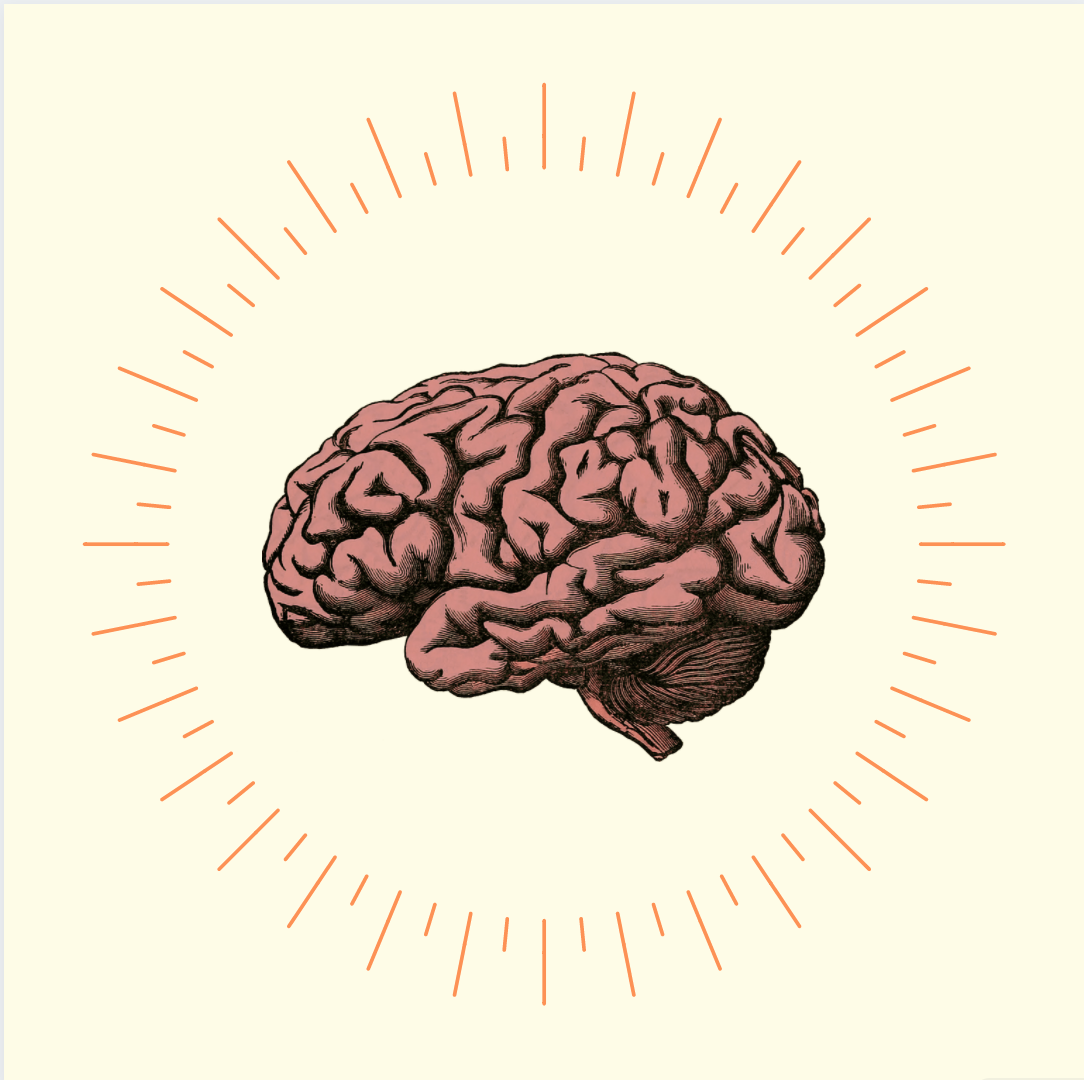Ever listen to one of your favorite songs and get chills down your spine? Does hearing an old track ever bring you vividly back to the time when you were obsessed with it? Do you ever find yourself unconsciously tapping, moving, and shaking to music?
The ways that music affects our brains are incredible. We’ve all heard the famous saying “Mozart makes you smarter,” but what if other music could do the same and more? Apart from being a powerful emotional release, performing and listening to music has been proven to have numerous health benefits. After traveling through our eardrums, musical sound waves hit over a dozen different parts of our brains.
Something that fascinates me endlessly is the relationship between music and memory. Music passes through the cerebellum, which is responsible for storing memory and movement. According to neuroscientist Kiminobu Sugaya, an “Alzheimer patient, even if he doesn’t recognize his wife, could still play the piano if he learned it when he was young because playing has become muscle memory. Those memories in the cerebellum never fade out.”
The link between mind, body, and music is amazing. In a study mentioned by the Harvard Health Publishing, patients who listened to music before, during, and after surgery were found to have lower blood pressure and heart rate levels compared to those without music. Even patients that listened to music while unconscious during their surgeries had similar results. Pretty unreal, huh?
Music also has astounding emotional benefits. A study completed in 2006 showed that people who suffered from chronic pain were less likely to experience depression after undergoing music therapy. Due to its ability to activate dopamine production, music can also trigger shivers, pleasure, and your fight-or-flight response.
It’s incredible how much is happening in our brains when we pop on our headphones! If you’re interested in learning more about music and neuroscience, there are tons of books and online resources to look at. To get started, here’s an interactive tool from the University of Central Florida about our brains on music.
– DJ Butter

